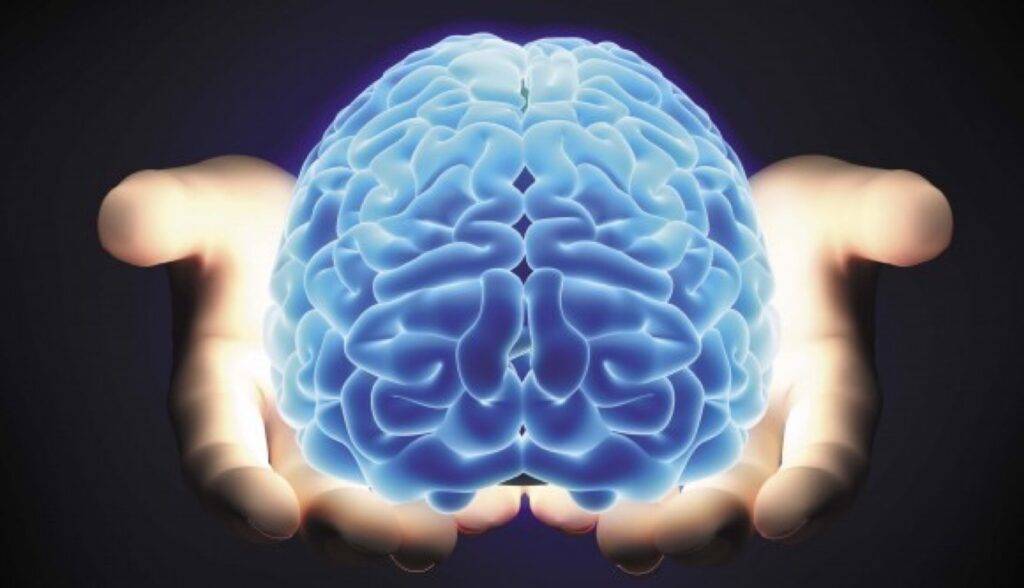Does the word “obedience” make you feel uncomfortable?
At first, the word “obedience” may seem to offend human liberty, but obedience is the first mental law of progress. If meditated upon, we would realize that obedience is the power to safety, life, and the highest progress.
We obey commands we think will benefit us: watch two ways before crossing the street; don’t touch the iron while it’s hot; press brakes at a stop light; and the list goes on.
Most laws obeyed are to save lives. But have we considered the eternal life-saving law of God? God’s law can provide wisdom, wealth, and prosperity, but the depths of the law lead to immortality. He is who we should obey, and our lives should mean enough to obey. Not from obligation but by the beauty of a relationship with Him.
The power to obey
The power to obey lifts humanity into the divine nature, above earth, above the stars, above mediocrity, above death. In the Garden of Eden, Adam and Eve were given the power to obey, which was the power to live forever.
This power was so majestic that the evil serpent, Satan, filled with jealousy of the heights that the human pair could reach with this power, was committed to making them lose it through unbelief. That unbelief led to distrust, which led to disobedience, which led to the greatest regret, guilt, sadness, and much mental illness.
But even though they gave this power to him through disobedience, God was committed to teaching humanity that the power destroyed mentally could be regained and we could again operate with this divine nature, living a life of unimaginable excellence. So because the devil used unbelief to damage our power to obey, God invites us to use belief in order to counteract the work of unbelief.
Belief: the vehicle of obedience
You will not readily obey unless you have some measure of belief. It’s just not in your nature. So you think until you are faced with a life-or-death situation. We guess your destiny should feel like a life-and-death situation, because it is. This is the good news, or gospel, which comes from belief in the free gift. Belief, then, is the vehicle of obedience.
“God so loved the world that He gave His only begotten Son, that whoever believes in Him should not perish but have everlasting life.”
John 3:16
Jesus repeated many times, “Believe and you will be saved.” Belief is a science that puts psychology to the test. Belief is a weapon of mass destruction or development, “bringing every thought into captivity to the obedience of Christand being ready to punish all disobedience when your obedience is fulfilled.” 2 Corinthians 10:5,6
Add passengers to your vehicle of belief
To take life to another level, we can add other skills to our beliefs, as the Holy Spirit reveals to Peter. “But also for this very reason, giving all diligence, add to your faith virtue, to virtue knowledge.” 2 Peter 1:5
The admonition is to add virtue to our faith. How? Read the Word of God daily because virtue is in Jesus, who is the word of God. While walking through the crowd, a woman needing healing didn’t ask for His permission but, with her belief, reached out and touched Him. His immediate response was, “Somebody has touched me, for I perceive that virtue is gone out of me.”
Let go of the years of disobedience, engage the willpower used to run a race, and demand your happiness through daily Bible study. The wonderful mental process happens through learning the promises of God and the power of addition.
“So then faith comes by hearing, and hearing by the word of God.”
Romans 10:17
Ever wondered why Jesus repeated the question? “Oh you, of little faith…” or “Why do you doubt?” Doubt is the lack of knowing Him personally through His word.
Human invention effect on obedience
It amazes God that we prefer to obey each other than Him and settle for human theories. Human theories surround themselves around the first deception: “Your eyes will be opened, and you will be like God, knowing good and evil.” (Genesis 3:5) We respect the ideas on the same level as us and scorn things higher, better, greater, and phenomenal. Aristotle, Sigmund Freud, and Napoleon Hill didn’t walk on water or could, yet they gained greater respect in the field of mental health and transformation than the One who could.
What do you want? What are your greatest thoughts above the heavens? Are you brave enough to ask God? As Jesus told Peter when he asked him to walk on water, “Come.”
How do I obey God?
Do not obey God because you are afraid of Him. Get to know Him, who is life eternal. Only if you love Him will you keep His commandments. (John 14:15) Jesus is saying, “‘You shall love the Lord your God with all your heart, with all your soul, and with all your mind.’ This is the first and greatest commandment. And the second is like it: ‘You shall love your neighbor as yourself.’” Matthew 22:37–39
To obey God is to meditate on His law and delight in its advantages. The Psalmist writes:
“Oh, how I love your law! It is my meditation all day.”
Psalms 119:97
“The man who attempts to keep the commandments of God from a sense of obligation merely because he is required to do so will never enter into the joy of obedience. He does not obey. When the requirements of God are considered a burden because they cut across human inclination, we may know that life is not a Christian life. True obedience is the outworking of a principle within. It springs from the love of righteousness—the love of the law of God.” — Christ’s Object Lesson

